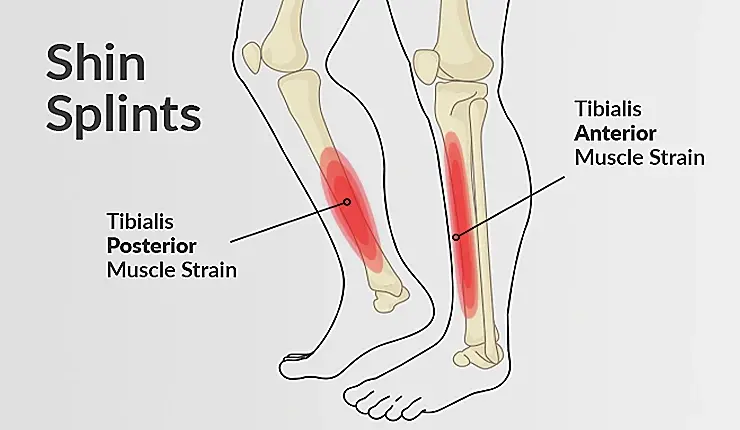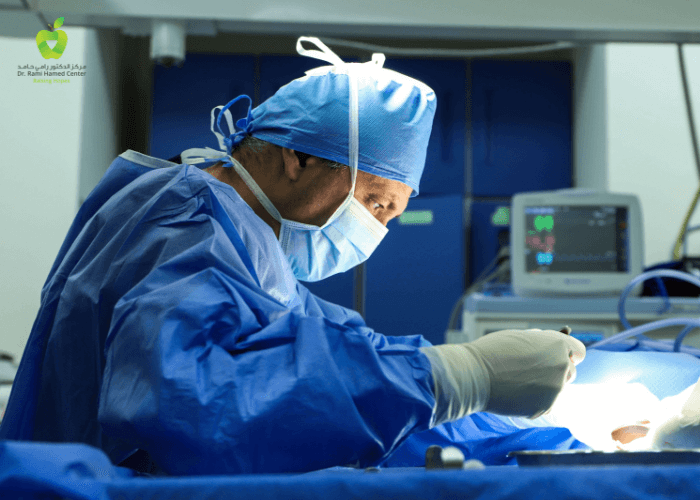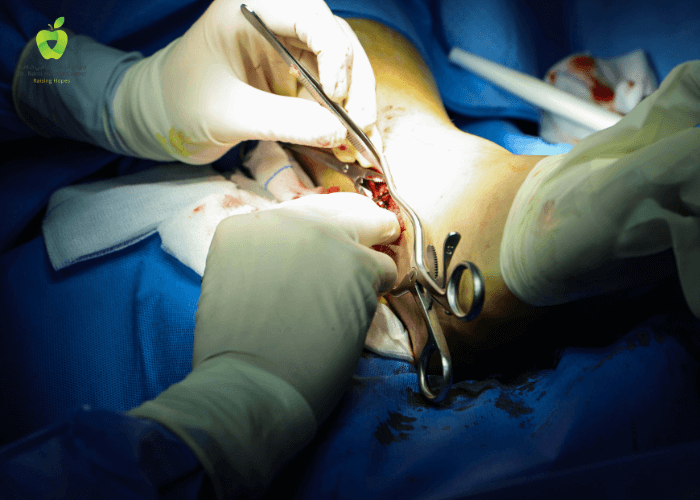Shin Splints at Sport Injuries Clinic DRHC Dubai
Shin splints, or medial tibial stress syndrome, is a common injury experienced by athletes, particularly runners and those involved in high-impact sports like basketball, soccer, or gymnastics. It causes pain along the shinbone (tibia), often resulting from repetitive stress and strain on the bone, muscles, and surrounding tissues.
What Causes Shin Splints in Athletes?
- Overuse and Repetitive Stress: Activities such as running, jumping, and rapid changes in direction can strain the muscles, tendons, and bone tissue around the tibia.
- Improper Footwear: Wearing shoes that lack adequate support or cushioning can increase the impact on the lower legs, leading to shin splints.
- Sudden Increase in Activity: Quickly ramping up the intensity or duration of physical activity without proper conditioning can overload the shin area.
- Flat Feet or Overpronation: People with flat feet or those whose feet roll inward excessively (overpronation) are more prone to shin splints due to the uneven distribution of impact forces.
- Running on Hard Surfaces: High-impact activities on hard surfaces, like concrete, can intensify the strain on the lower leg, making shin splints more likely.
Symptoms of Shin Splints
- Pain along the inner edge of the shinbone: This is the hallmark symptom, typically felt during or after physical activity.
- Tenderness and Swelling: The affected area may become tender to the touch, and mild swelling can occur.
- Dull, aching pain: The pain may start as mild and progress to a sharper or more intense sensation if left untreated.
- Worsening with activity: The pain often intensifies during exercise and improves with rest, but may persist over time if untreated.
Diagnosing Shin Splints
A healthcare provider, such as an orthopedic specialist or sports medicine doctor, will perform a physical examination and may order imaging tests, such as X-rays or bone scans, to rule out more serious conditions like stress fractures.
Treatment and Management of Shin Splints
- Rest and Activity Modification: Reducing or avoiding high-impact activities, particularly running or jumping, is the first step in relieving shin splints. Low-impact activities, like swimming or cycling, can help maintain fitness during recovery.
- Ice Therapy: Applying ice packs to the shin can reduce pain and swelling. Ice should be applied for 15–20 minutes several times a day.
- Anti-Inflammatory Medications: Over-the-counter NSAIDs, such as ibuprofen or naproxen, can help reduce inflammation and relieve pain.
- Supportive Footwear: Wearing shoes that provide adequate arch support and cushioning is essential in managing and preventing shin splints. Orthotics may be recommended for those with flat feet or overpronation.
- Strengthening and Stretching Exercises: Physical therapy exercises focusing on strengthening the calf muscles and improving flexibility can reduce the risk of future shin splints.
- Gradual Return to Activity: Once symptoms have improved, athletes can gradually return to their normal activities, starting with low-impact exercises and slowly increasing intensity.
Prevention Tips for Shin Splints
- Warm-Up and Stretching: Always engage in proper warm-up routines before exercise and stretch afterward to maintain flexibility in the leg muscles.
- Gradual Progression: Increase your activity level gradually to allow your body to adapt and avoid overloading the shin area.
- Proper Footwear: Use running shoes that are well-suited for your foot type and sport, and replace them regularly to ensure proper support.
- Cross-Training: Incorporate low-impact exercises into your routine to give your shins time to recover and reduce the repetitive stress from running or jumping.
When to Seek Medical Attention
If shin splints do not improve with rest and home care, or if the pain becomes severe and persists even with minimal activity, it may indicate a more serious condition, such as a stress fracture or compartment syndrome. In such cases, seek medical attention from an orthopedic specialist or sports medicine expert.
.png?width=281&height=59&name=bookanappointment%20(1).png)
For expert evaluation and treatment of Shin Splints or any other sports-related injuries, schedule an appointment at DRHC Dubai Sports Injury Clinic today. Call +97142798200. We are here to help you achieve a full recovery and return to peak performance.




.png?width=281&height=59&name=bookanappointment%20(1).png)




